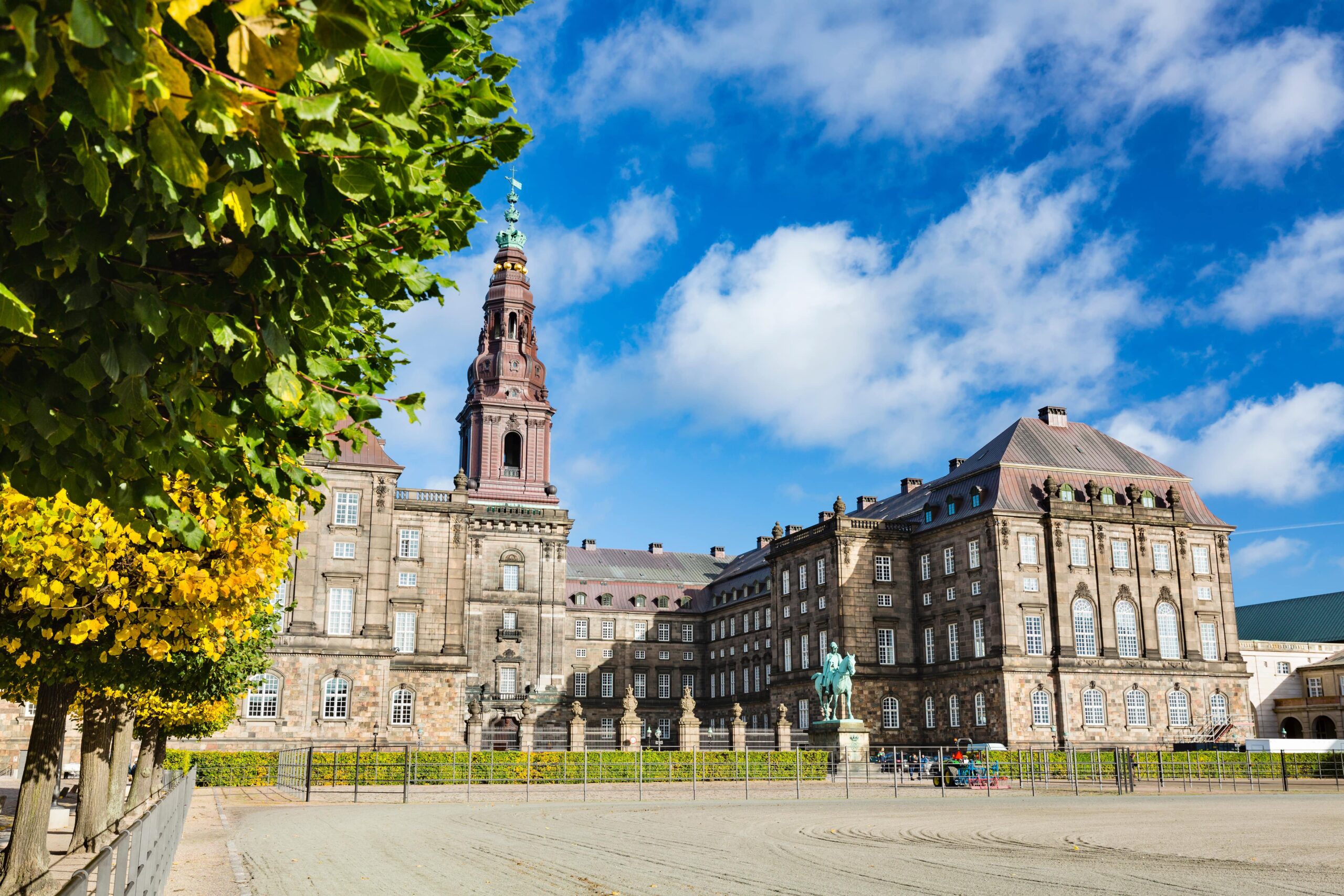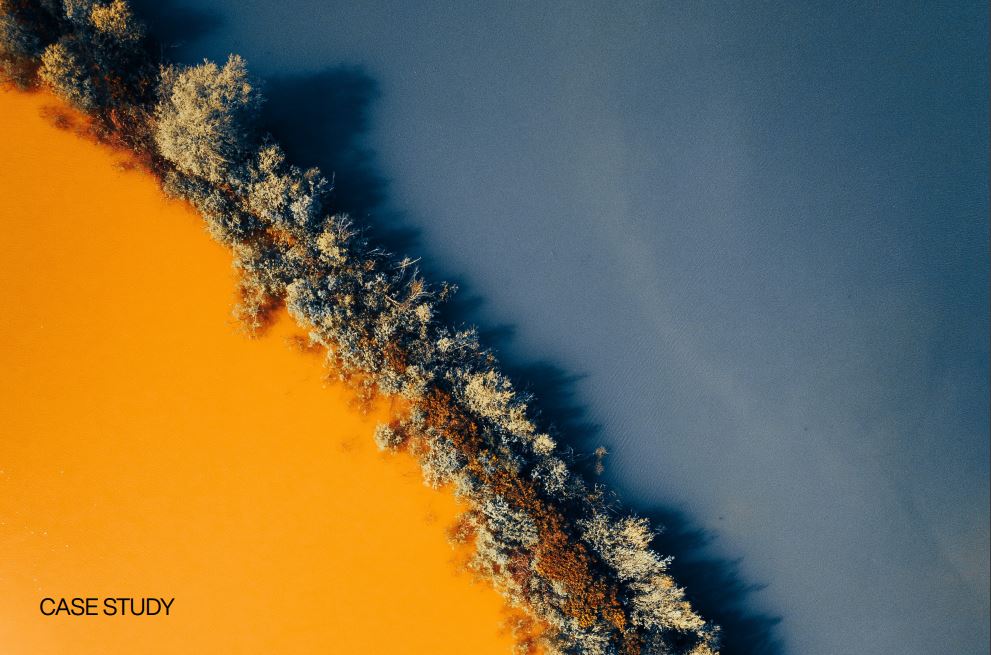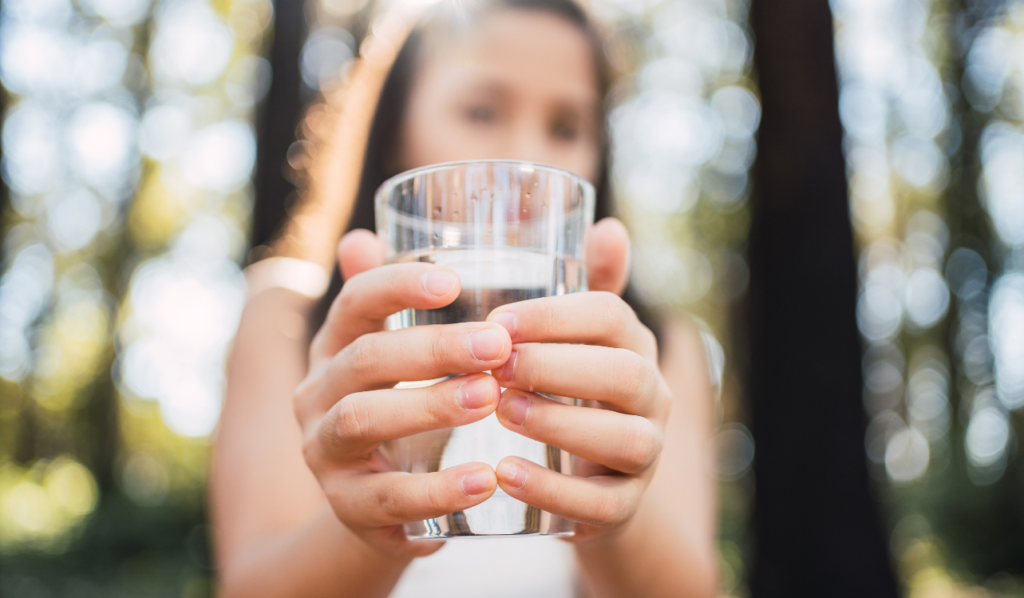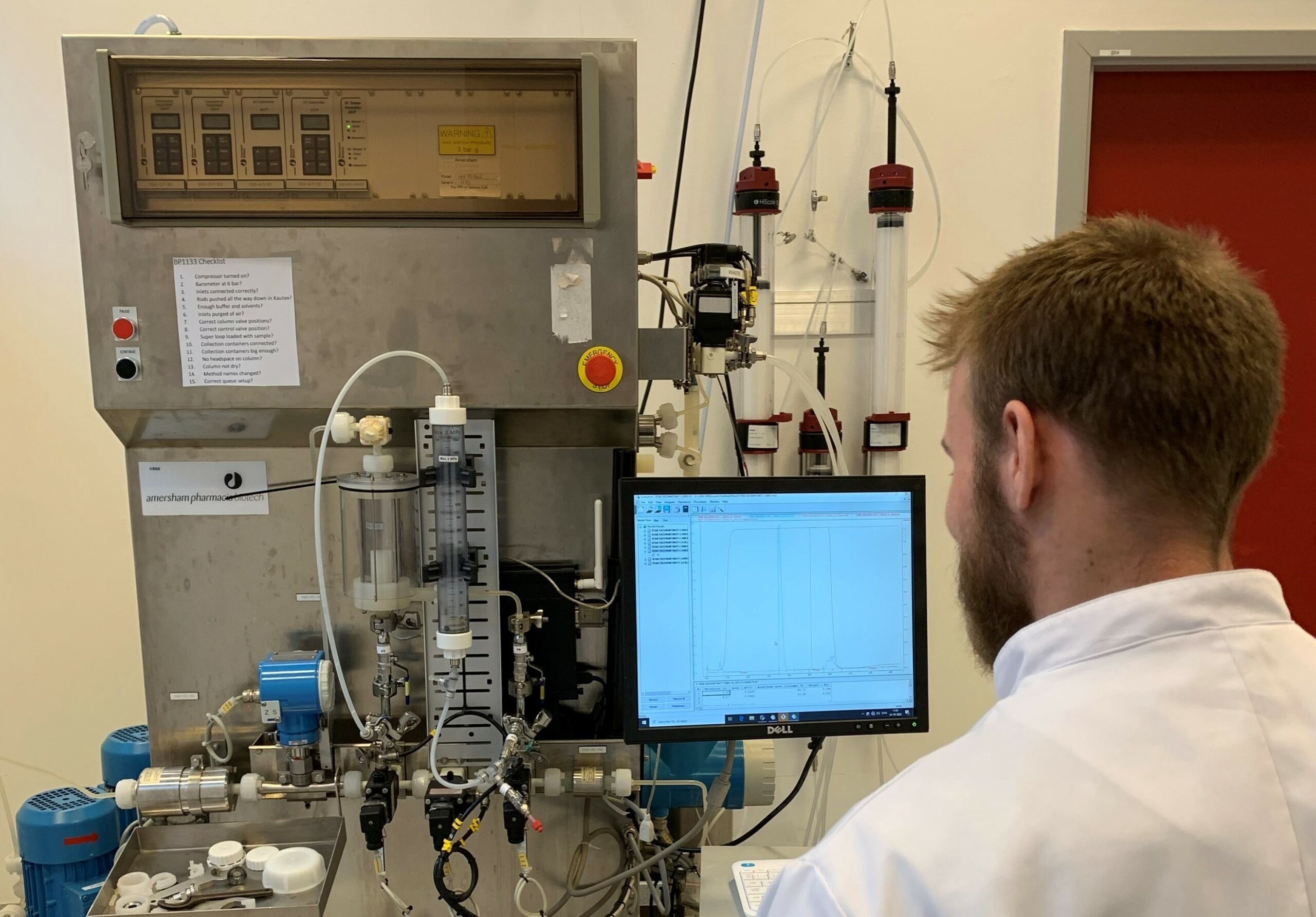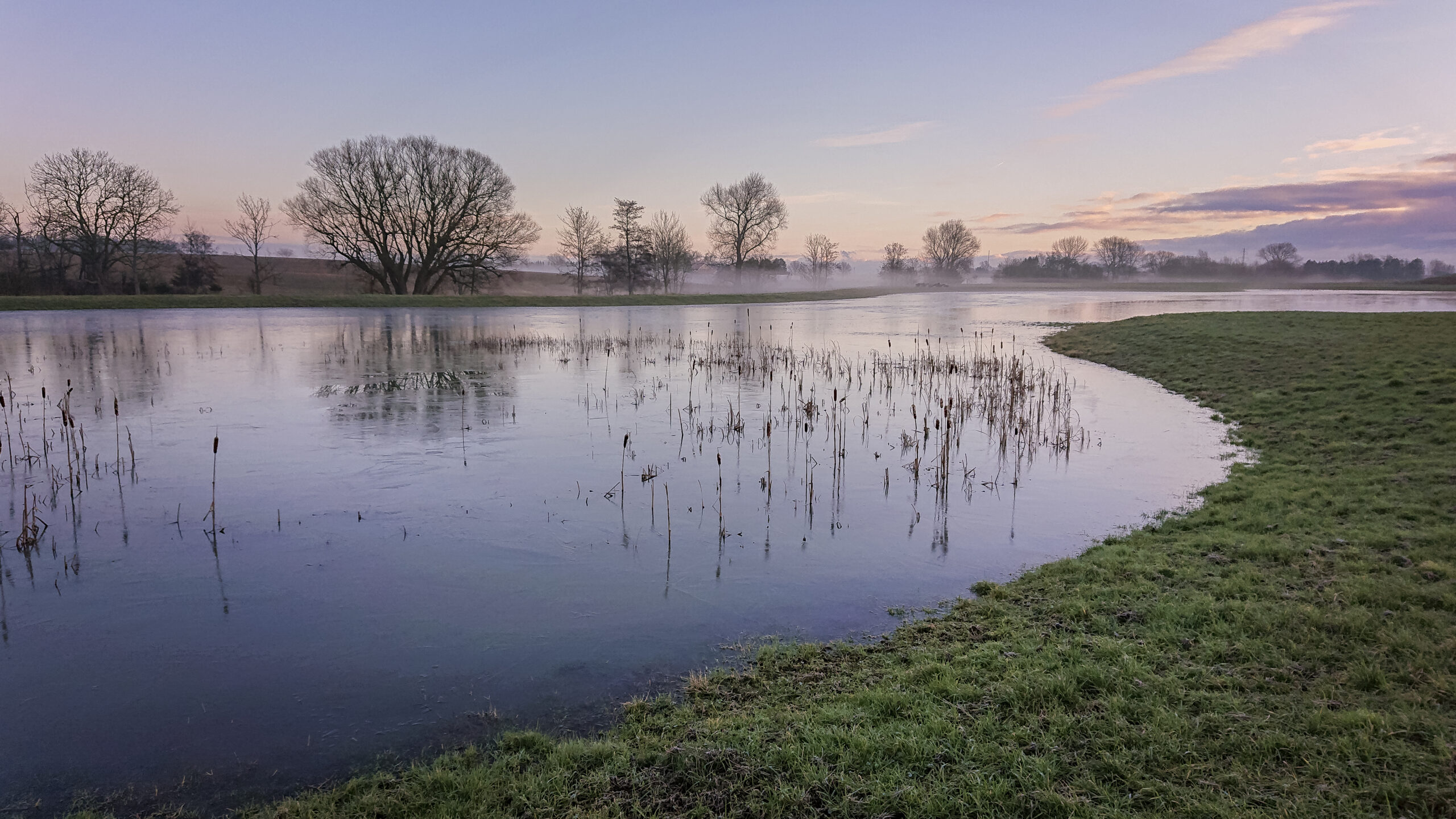News
Wastewater management
Water management
Water resource management
Wastewater is resource water


By Esben Lunde Larsen, Danish Minister for Environment and Food
The UN World Water Day on 22 March will highlight the massive challenges the world is facing regarding sustainable management of the planets water resources. This year, there will be special emphasis on smart and efficient management of our wastewater. And with good reason. A total of 80 percent of all wastewater globally is discharged directly into nature, and 1.8 bn. people’s only source of drinking water is contaminated with coliforms. As a consequence, 842,000 people die annually, and nature and the environment is put under extreme pressure. The water sector is also a major consumer of energy. It has been estimated that the water sector accounts for 4 percent of global annual electricity consumption. This corresponds to the entire electricity consumption of Russia.
In line with population growth, economic development and rapid urbanisation, amounts of wastewater are increasing to an extent requiring a completely new generation of wastewater treatment plants. Denmark has found innovative solutions in the interface between cutting-edge technology, holistic thinking, political vision and strong public-private partnerships.
One example of such a solution is Billund Biorefinery. Billund Biorefinery utilises the energy and nutritional content in wastewater and waste to produce nutrients and energy in the form of heat and biogas. Water is purified better than ever before, and the process is not only energy-neutral, the plant also produces surplus energy to benefit the local community. The result is an energy factory. As a side benefit, the factory has developed several interesting bi-products such as odourless, organic manure and compostable bio-plastics.
I am very proud of the large number of solutions within the water sector which have mushroomed and grown strong in Denmark. Among other things, this means that the relative energy consumption by the Danish water sector is currently only a little more than half of that of the US and the EU. Our experience has formed a strong platform for sharing knowledge and technologies with the rest of the world through cooperation with authorities in China, South Africa and most recently Indonesia, and in many water projects worldwide. One of these projects is in its start-up phase at the Glenbard Wastewater Facility in Chicago in the US. Here, Danish water-technology businesses, supported by the Ministry of Environment and Food of Denmark, will soon be upgrading the facility to a sustainable energy plant producing energy and treating wastewater so that it can be reused and does not pollute watercourses and the Great Lakes around Chicago, which are already under so much pressure.
My hope is that cooperation between Danish authorities and Danish projects can contribute to changing our perception of wastewater as a problem to wastewater as a resource. The UN has set a goal to halve the proportion of untreated wastewater by 2030. I am fully confident that we can reach this goal through innovative thinking, knowledge-sharing and strong cooperation. This begins by viewing wastewater as resource water. Anything else is a waste.
